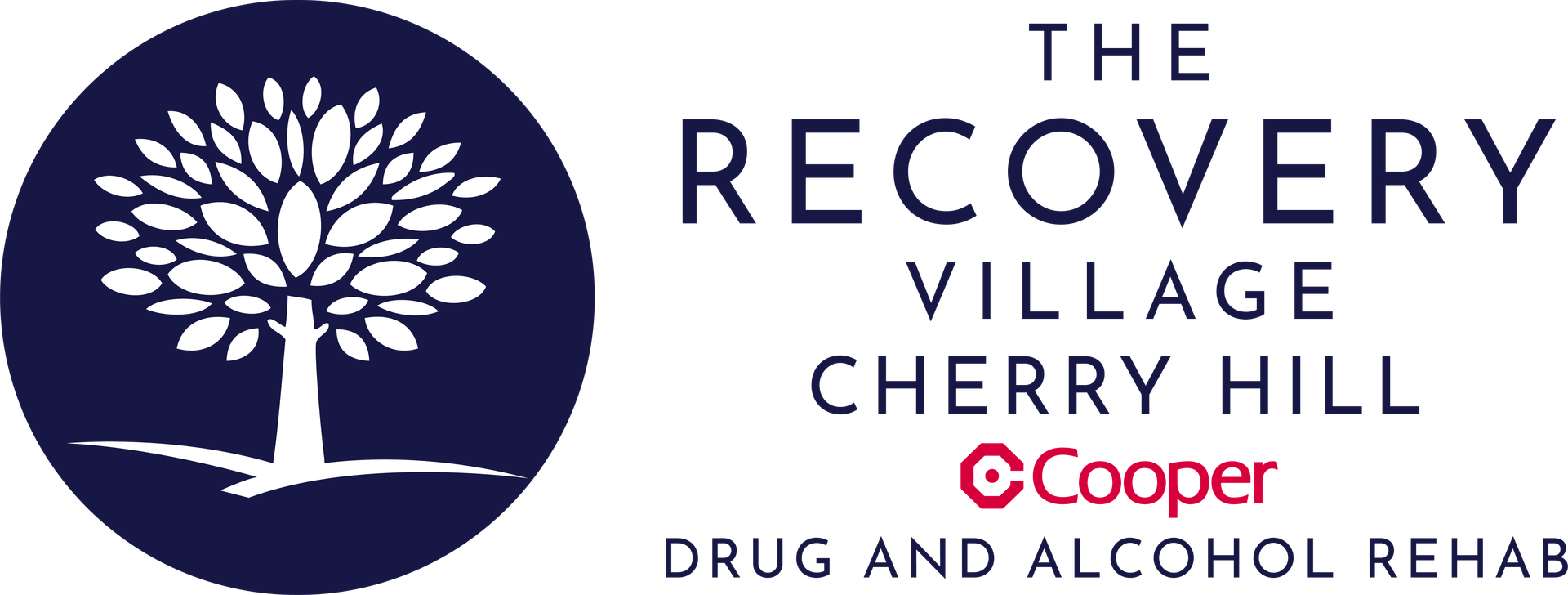Addiction is a common challenge among veterans. According to national data, approximately 8.4% of U.S. veterans aged 18 and older struggle with alcohol use disorder, while 3.5% have a marijuana use disorder. Additionally, 2.4% misuse prescription painkillers, putting them at risk of opioid addiction.
Despite the prevalence of substance misuse among veterans, seeking help for addiction can be a daunting step. If you’re searching for resources for veteran addiction, remember that you’re not alone, and effective treatment options are within reach.
The Silent Battle: Confronting Stigma in the Military
Unfortunately, stigma can deter veterans from seeking addiction treatment. In the military culture, seeking help for mental health or addiction issues is sometimes perceived as a sign of weakness. Recent research has shown that veterans with PTSD often view treatment-seeking as stigmatized, leading them to use alcohol as a coping mechanism, which can exacerbate alcohol-related problems.
This stigma may cause veterans to battle addiction alone, which can worsen both mental health and addiction issues over time.
Recovery Can Be Life Changing
Whether you or a loved one is struggling with addiction, our expert team is here to guide you every step of the way. Don’t wait— reach out today to take the first step toward taking control of your life.
“My life has became something that I’m proud of and something I can be grateful for.“
– Joseph McDermott, The Recovery Village Cherry Hill Alumni
Facing Reality: Accepting Addiction
Veterans may have been conditioned to believe that asking for help signifies weakness or character flaws, but seeking professional help for addiction is actually a courageous and strong choice. Addiction is a significant health issue, akin to any other medical condition, and acknowledging the problem is the first step toward recovery.
Addiction is not uncommon among veterans seeking behavioral health treatment. Around 11% of veterans seeking initial VA services meet the diagnostic criteria for a substance use disorder. The most prevalent issues among veterans are heavy drinking and smoking, but 4.8% of male veterans and 2.4% of female veterans meet the criteria for drug addiction.
You’re not alone if you’re seeking veteran addiction treatment. Many fellow veterans have faced similar struggles with substance misuse while coping with the challenges of military life. Effective treatment offers a path to recovery.
Redefining Resilience: A New Perspective
Reaching out for help may be challenging, but it’s not a sign of weakness. If you’re struggling to accept the need for addiction treatment, consider reframing your understanding of strength.
Unleashing Your Inner Strength
Overcoming addiction demands strength, and your experiences in the service have likely equipped you with the resilience needed to tackle this challenge. Coping with deployment, combat exposure and civilian life reintegration requires an inner strength that can also guide you through the recovery journey.
The Courage in Seeking Help
It’s time to let go of the belief that seeking help implies weakness or inherent character flaws. Admitting you need help is a sign of self-awareness and strength.
Embracing Recovery
Undoubtedly, veterans possess the inner strength required to overcome addiction. Recognizing this inherent strength is the first step towards embarking on a treatment program.
While each person’s treatment journey is unique, you can expect to engage in various services, including individual and group therapy and support group sessions, as you progress in your recovery.
Starting your recovery journey in an inpatient treatment program is an option that offers structure and distance from triggers and stressors at home. Following inpatient treatment, many veterans transition to an outpatient program, where they continue therapy and group sessions while living at home.
Overcoming Stereotypes: Breaking Barriers
When deciding to seek veteran addiction treatment, concerns about stigma from friends, family or fellow veterans with biased views on mental health and addiction may arise.
To address stigma:
- Educate your loved ones about addiction as a legitimate medical condition that can improve with treatment.
- Portray addiction treatment as part of routine healthcare.
- Share only general information about your treatment if you’re concerned about non-supportive individuals.
- Disregard negative opinions and misinformation.
- Remember that the perceived stigma may not align with reality; many veterans have reported they would not judge others for seeking help.
Building a Support System
Support is essential on your path to recovery. The VA offers numerous services and resources to assist veterans with addiction symptoms. Reaching out to the VA can connect you with counseling, self-help groups and relapse prevention as you embark on your recovery journey.
Immersing yourself in a supportive recovery community is also beneficial. Building connections with peers in support group meetings, particularly with other veterans, can be remarkably impactful.
Additionally, surround yourself with friends and family who support your choice to seek treatment while distancing yourself from those who hold stigmatized views of addiction.
Professional Help: A Path to Healing
Overcoming addiction independently can be challenging, but professional treatment offers the possibility of healing. In a veterans addiction treatment program, you’ll access services such as therapy, group counseling and medication to aid in your recovery. If breaking free from drugs or alcohol feels daunting, seeking treatment is a brave step.
At The Recovery Village Cherry Hill at Cooper, we proudly offer the FORTITUDE Program, tailored to provide addiction treatment services designed to meet the unique needs of veterans and first responders. Our staff are trained in trauma-informed therapies, including EMDR, and we facilitate exclusive groups for veterans and first responders. We also offer co-occurring disorders treatment to address mental health conditions such as depression, anxiety and PTSD, which often coexist with addiction.










